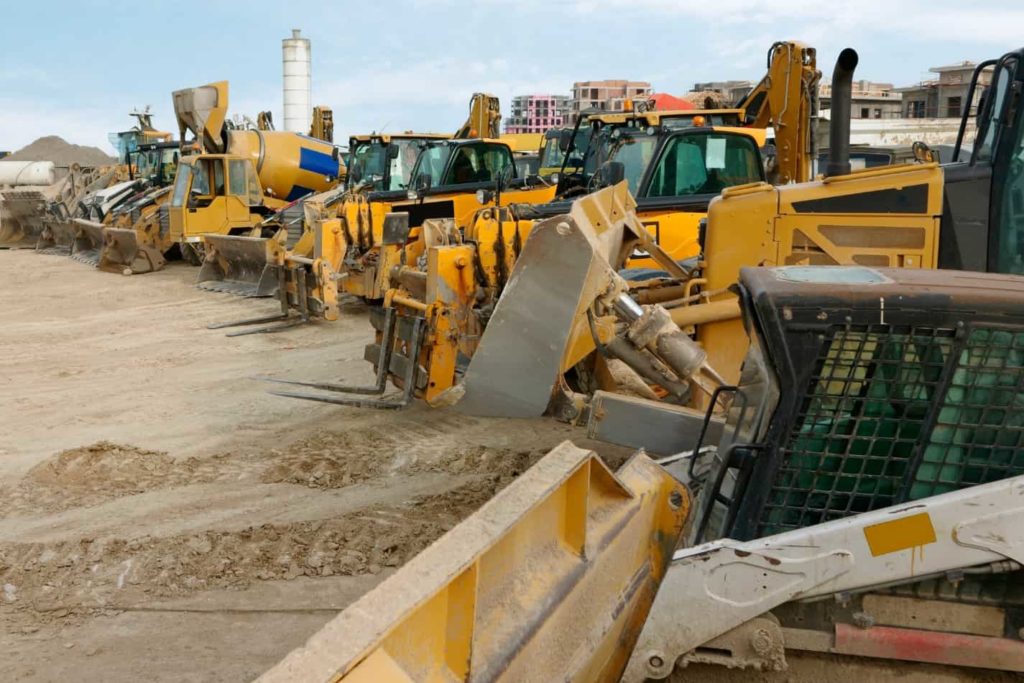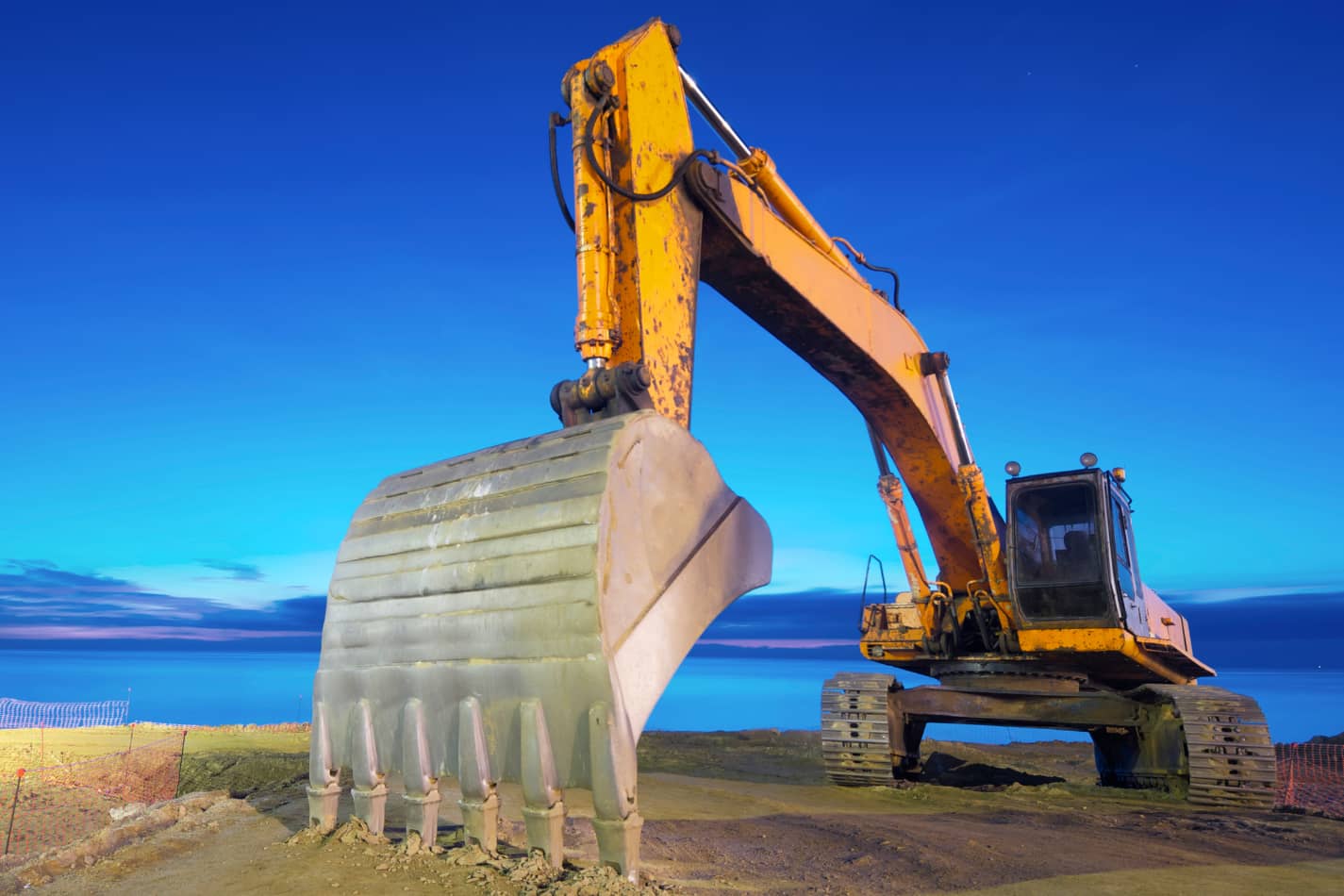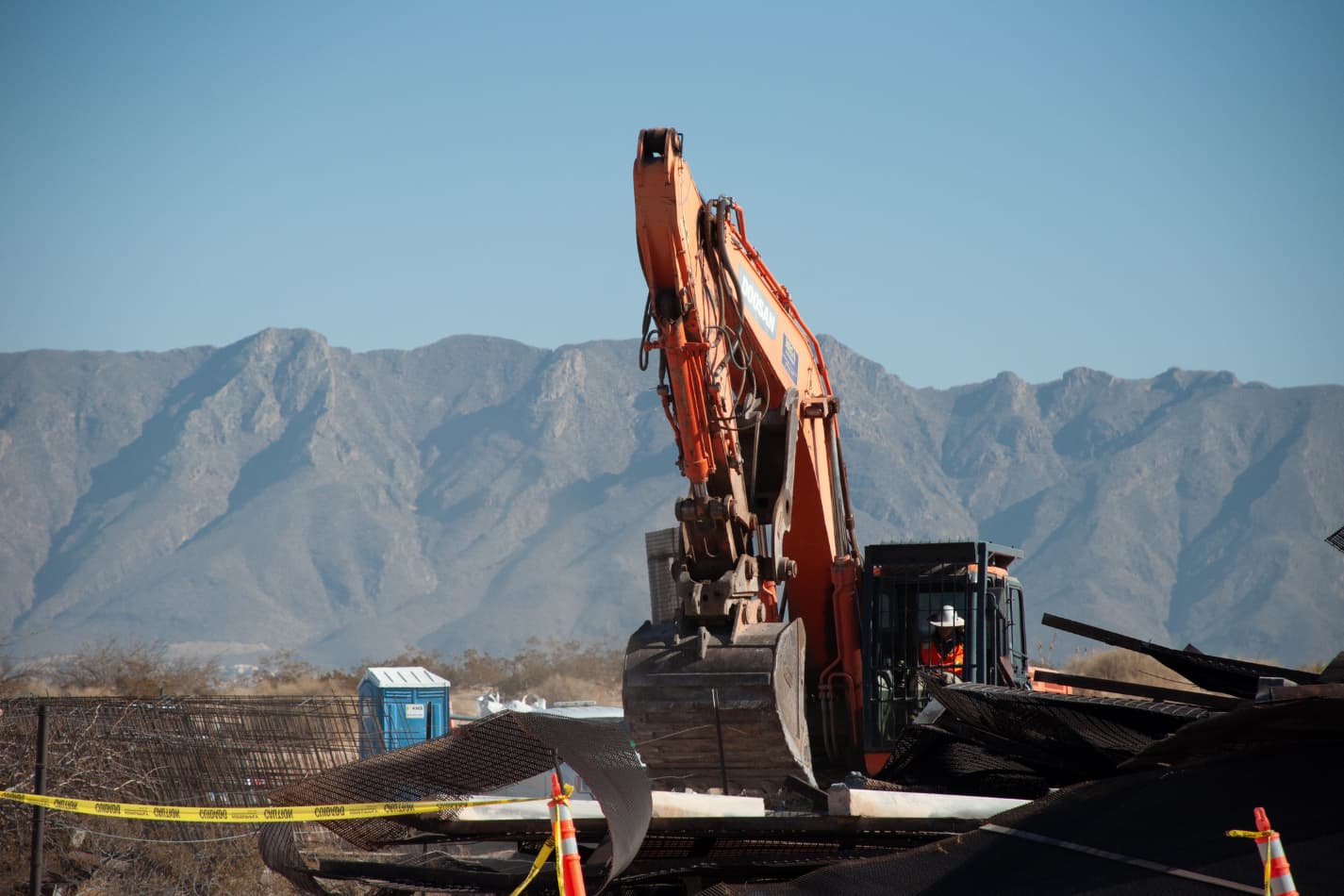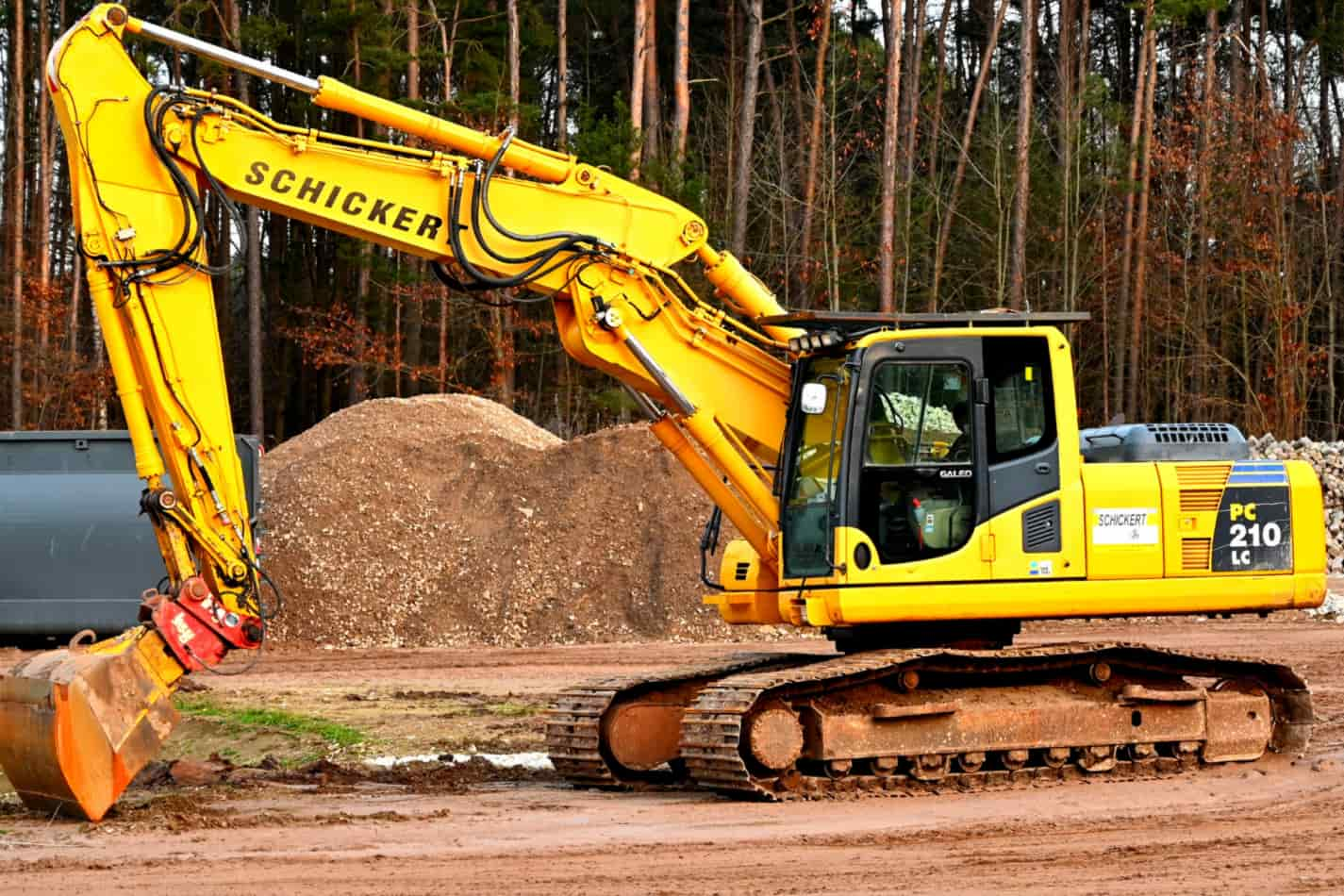A heavy equipment operator is responsible for many different tasks related to machinery. A heavy equipment operator’s training, which is often referred to as “trade school,” can vary depending on the type of machine they are operating.
For example, an excavator operator needs more time in their training than a bulldozer or crane operator because it requires a higher level of skill and experience.
In this blog post, we’ll discuss how long it takes to become a heavy equipment operator and what you should expect from your training program!

How Long Does It Take To Complete Heavy Equipment Training?
For those looking to begin their education to become heavy equipment operators, you will quickly discover how long it takes for this training to be completed. You can start as soon as you graduate high school if you follow on-the-job training as a minimal starting point.
But if you want to cover a vast amount of machines and need any type of certificate then you can join classes which run you through classroom and equipment used over 400 hours or more.
These use classroom time for familiarization and activity with the heavy machinery to get the real hands-on experience companies desire their new employees to have.
This length of schooling depends on whether you decide to attend school full-time, part-time, online, or through a trade school program like WCT Heavy Equipment Operator Training.
Heavy equipment operator courses are offered at vocational schools and community colleges to get started. While apprenticeship may take years to finish, it is the only way to acquire field experience in most cases.
With the combination of a course’s initial training and the completion of an apprenticeship program run by the International Union of Operating Engineers (IUOE) or the Associated General Contractors (AGC) of America, you can increase your abilities and qualifications for the position considerably, making you more appealing to a potential employer.
Steps to Become a Heavy Equipment Operator
There are a few steps to move through in order to become a heavy equipment operator. If you’re still in high school, then it’s time for you to think about your future and what type of education or training can benefit you the most.
Some construction companies require their employees to be enrolled in an apprenticeship program when they are hired so this is something that should be taken into consideration during your job search.
Earn a high school diploma or GED
The step most will complete by the age of 18 is earning a high school diploma or GED. This shows that you have all the most basic skills like being able to learn and retain information along with the dedication to complete this level of schooling.
After this, you will want to get yourself into heavy equipment training, whether that be by finding a union opening, technical school or college, classroom-based training, or the old long-time favorite of OJT or on-the-job training.
Enter and complete heavy equipment training
There are loads of ways to gain training and skill in operating heavy equipment. The most common way is to find a job with a union and complete their apprenticeship program.
This usually takes years but if you’re patient and have the drive, it can be completed. Once you finish this long process, many companies will reimburse your schooling fees as an incentive for joining their workforce.
If attending school full-time isn’t an option for you, then trade schools are another way to gain the skills needed. These programs offer shorter training periods than OJT or apprenticeship but they can be costly depending on which one you choose and what type of equipment it covers.
Classroom-based training is another form of education that will allow students to learn about specific types of heavy equipment. This can be found through vocational schools and community colleges across the United States.
The length of these programs usually ranges from a few weeks to a few months, making it an attractive choice for those who want to get their training completed quickly.
Lastly, on-the-job training is where you learn by being hands-on with the equipment. This is usually offered through construction companies and can last from a few months to a year or more, depending on how much experience you want to gain while working.
Earn licenses or certifications
As with other professions, there are plenty of licenses and certifications you can earn to make yourself more marketable. The two most popular ones for heavy equipment operators are the Commercial Driver’s License (CDL) and OSHA 30 certification.
The education, training, and certification process for heavy equipment operators may seem intimidating but it is very achievable with time and effort.
Obtain a commercial driver’s license
The CDL is a requirement in many states if you want to operate a commercial vehicle like a dump truck or crane. This license shows that you have the skills needed to drive a large vehicle and know the rules of the road in your area.
Obtain OSHA 30 Certification
OSHA 30 certification is offered by state governments, construction companies, unions, and private training centers. This shows that you understand safety procedures while operating heavy equipment like cranes or dozers and can keep yourself and others safe on job sites through knowledge of the machines.
Final Thoughts on Time and Training Needed to Become a Heavy Equipment Operator
It may seem like an intimidating process, but the education and training needed to become a heavy equipment operator can be completed with time.
It is important that you do your research on how long this process will take for each different type of schooling before moving forward so you know what’s best for your situation.
For example, if attending school full-time isn’t an option for you, then trade schools are another way to gain the skills needed.
These programs offer shorter training periods than OJT or apprenticeship but they can be costly depending on which one you choose and what type of equipment it covers.




